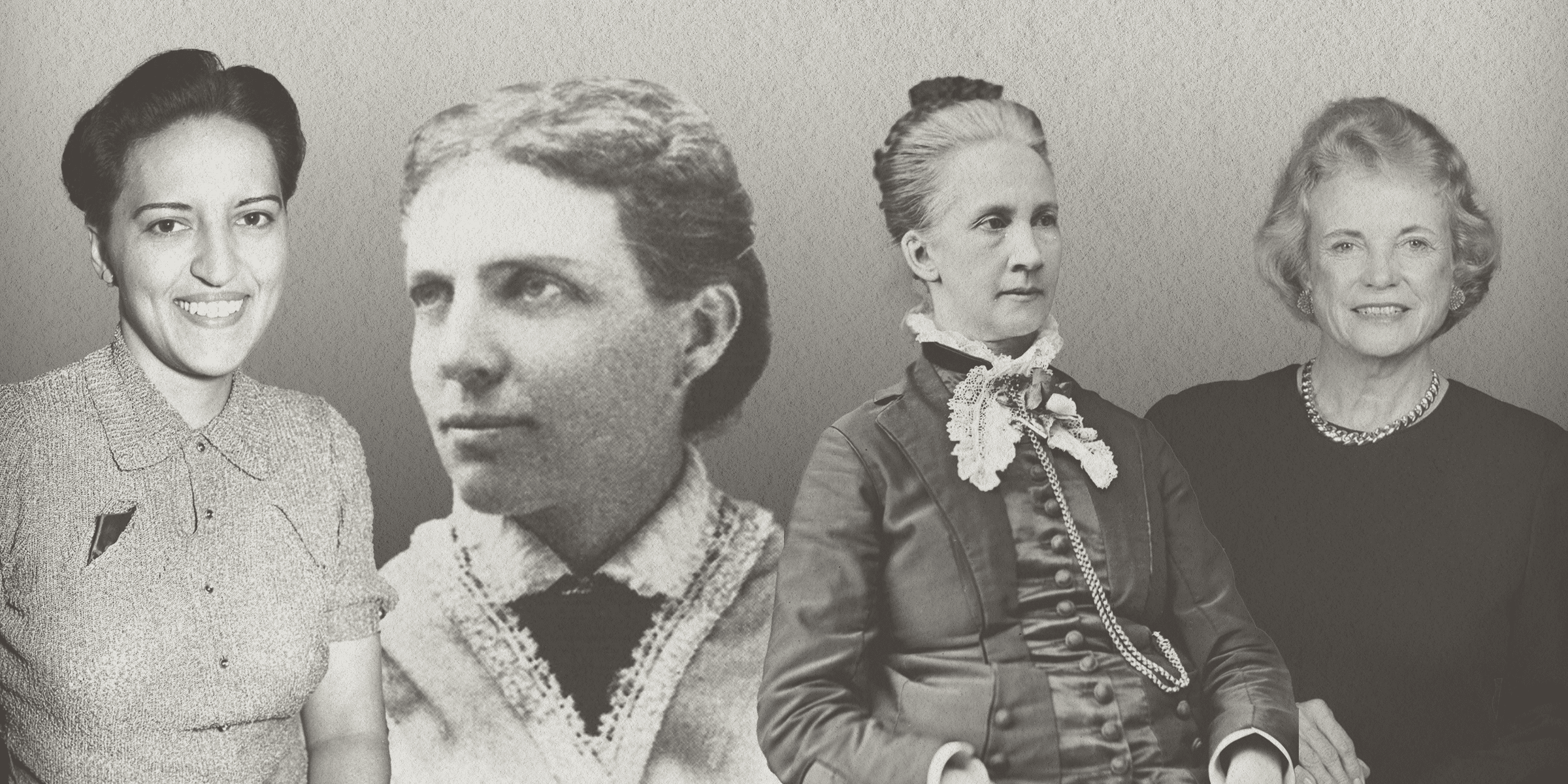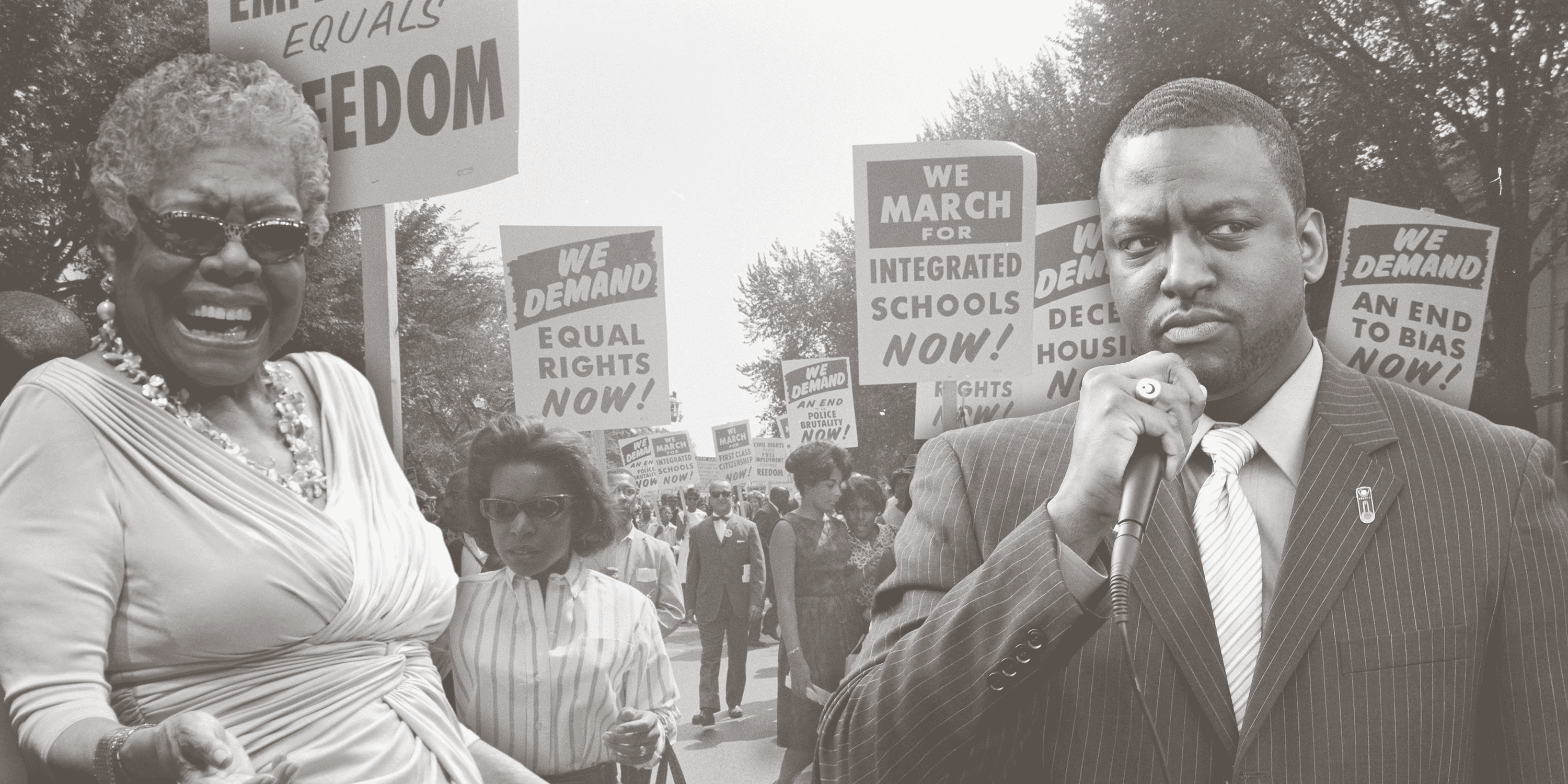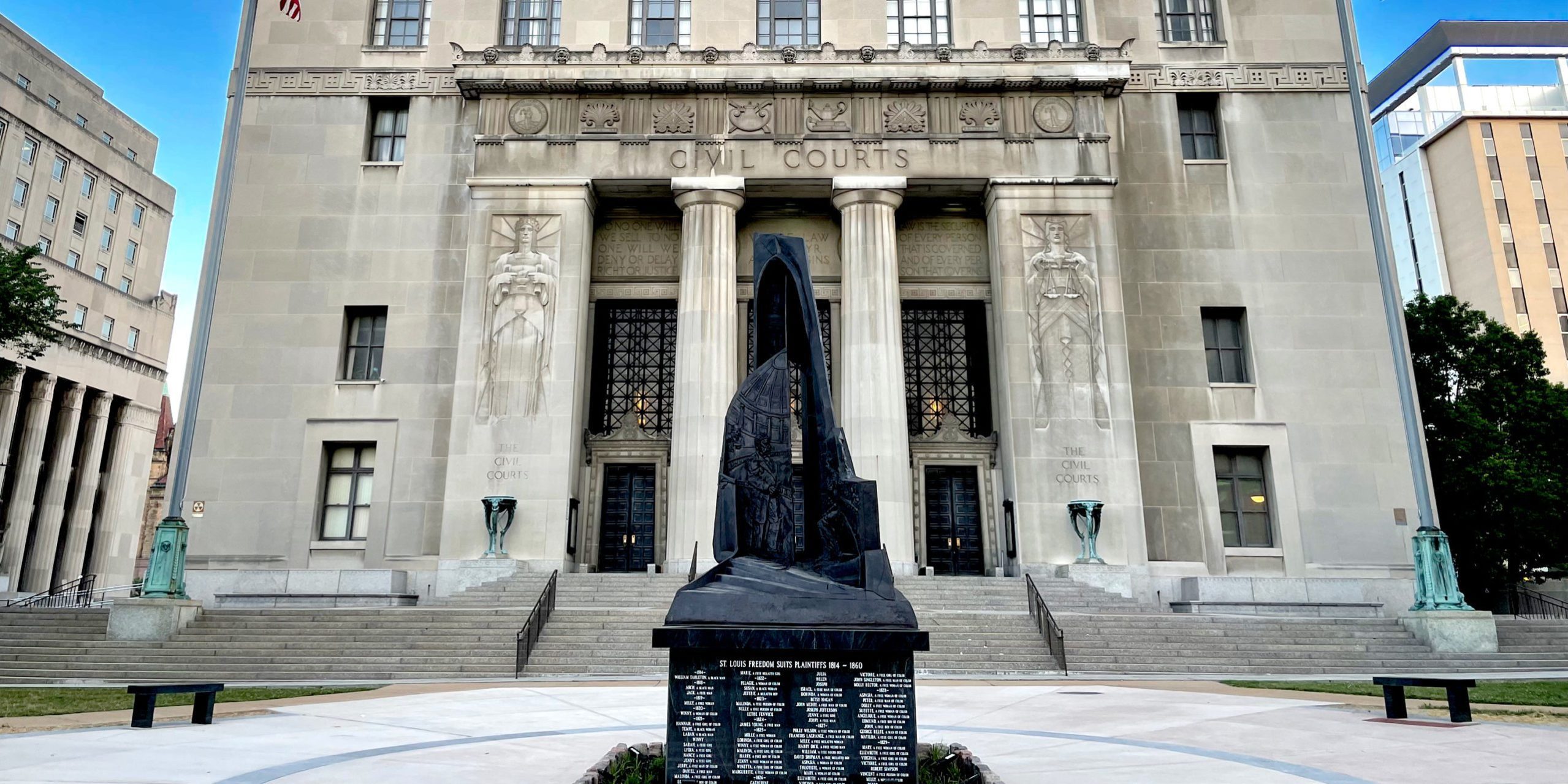February will always be that sacred time of year when we reflect on and celebrate Black History. Thanks to the contributions and sacrifices of those that came before me, I got to enjoy a childhood that was, for the most part, insulated (no pun intended) from the ghosts of this country’s racist past. I was born in the 90s—over 30 years after Dr. Martin Luther King, Jr.’s iconic March on Washington. I grew up in a military family, no less, so there was no shortage of diversity in the communities we lived in. I certainly wasn’t oblivious to the Civil Rights Movement—and my parents made darn sure I knew about it—but to say that I’d lived it, or even witnessed it with my own eyes, simply wouldn’t be true. Looking back on it, though, I realize that my childhood was a living testament to the dream Dr. King spoke of on the steps of the Lincoln Memorial all those years ago. It’s not something I take for granted, but as I grew into adolescence and adulthood, I had to come to terms with the inevitable conclusion that there is still much to do.
Continue reading Ensuring Their Legacy Lives On








